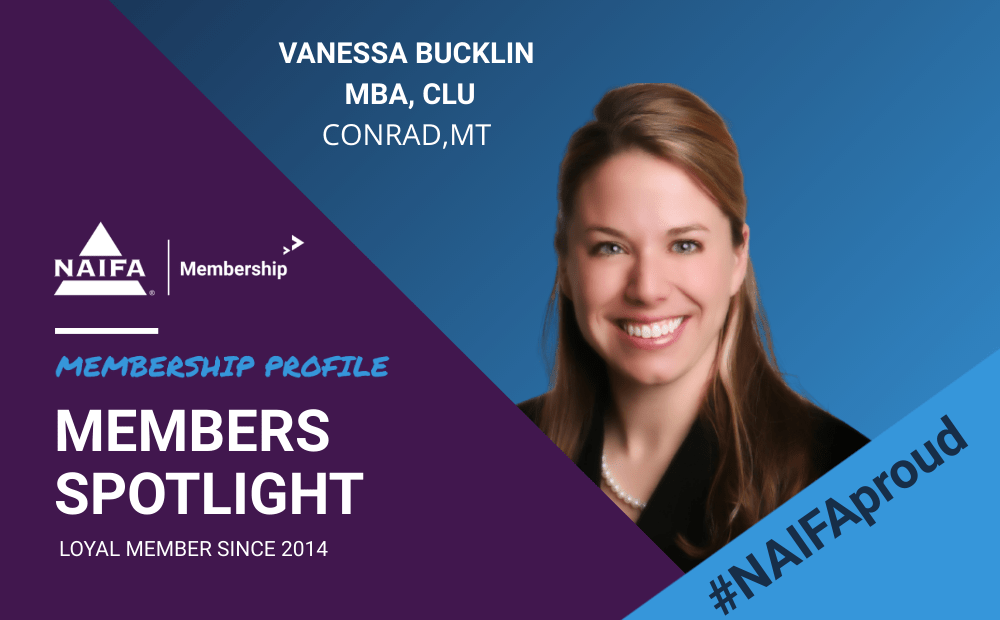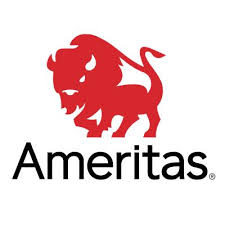Mary Greene is a Black woman who became a financial advisor with Prudential after working for several Fortune 500 firms in other industries. Prudential offered four things she says are necessary for young advisors to make it: Name recognition among prospective clients, a strong training program, solid support from her manager and managing director, and a feeling of confidence that she “could flourish and really bring some great things to the clients because of the needs of the African American community.”
Martina Jimenez Sperry was drawn to the business because she “thought it was going to be a great job with great benefits.” It became her passion when she saw that she could fulfill a need for financial literacy education, especially in minority communities.
Karen Holloway entered the business while she was a university student. She first developed an interest in finance when she was growing up in Montego Bay, Jamaica. She came to the United States for college and landed a position with Northwestern Mutual, the company she has been with ever since.
These three successful Black women formed a panel with moderator Kristen Eskew to discuss why the insurance and financial services industry needs more African American female advisors. The program was presented by NAIFA’s Diversity, Equity, and Inclusion Council, an initiative of the NAIFA Talent Development Center.
Black Women Need Financial Planning and Services
Women are the primary bread winners in 63% of Black households and make up 68% of African Americans with undergraduate college degrees. A significant portion of Greene’s clients are African American women who are highly educated, earn good incomes, and have assets they want to grow. They have a great and growing need for financial planning services. “If you’re not tapping into the African American female population as clients, you’re missing out on a whole different market that’s very lucrative,” she said.
Many Black Americans have good incomes and significant assets, the panelists agreed. What they lack is access to financial products, services, and advice. Very often when asked why they haven’t done more financial planning, their answer is that no one has ever asked them, Eskew said.
“Black women make great clients, if you can get in front of them,” Holloway added.
To better serve these markets and truly provide financial security opportunities for everyone, Jimenez Sperry said financial services firms need to “make it a priority to have a diverse team to represent the community.”
The Strengths of Black Women as Advisors
Black women are hard-working and understand the importance of taking care of families, two traits that make them great advisors, according to Greene. “We belong to a lot of civic, religious, and social organizations,” she added. “So we can introduce [the industry] to those organizations that we volunteer in and that we have personal connections with.”
“If you want to get into the Black community, you’ve got to start connecting with these African American females,” she said.
There is a lingering distrust of the life insurance and financial services industry among some Black Americans because of historical discrimination. Often, people can overcome this distrust by working with an agent or advisor who looks like them and shares some common experiences.
“This is not monolithic,” Eskew said. “Not all Black people feel like they can only work with a Black advisor and the same can be said about other cultures. But I do think there is something here.”
The panelists suggested things that any advisor can do to make themselves more marketable in Black communities:
- Learn about the communities and cultures they want to serve.
- Do joint work with a Black advisor.
- Go where the people are. Attend meetings of the African American Chamber of Commerce, and events held by the Urban League, NAACP, or faith-based communities.
- Show that you care about the community.
- Offer valuable resources and show that you can help.
How to Bring More Black Women Into the Business
Still, a key to reaching Black markets, and particularly to attracting Black women as clients, is recruiting Black women into the industry and enabling their success. Black women have great networks, Greene said. Recruiters should work their networks to hire talented Black women as advisors. As a recruiter, Greene looks to attract advisors who:
- Are coachable.
- Have existing networks of potential clients.
- Are comfortable working as part of a team.
In her experience, there is a large and talented pool of Black women who share these attributes.
It is important for companies to not just recruit diverse teams, but to ensure that their diverse talent has the training, resources, support, and mentorship needed to succeed. Creating and nurturing a diverse team needs to be part of a comprehensive strategic plan. Firms cannot simply hire a Black woman to check a box, Jimenez Sperry said. They need to provide support and help their advisors brand and market themselves. They need to create inclusive business cultures. Diverse hires need to feel like they belong and are important to fulfilling the company’s meaningful goals and contributing to its success.
Why Does the Industry Need More Black Women Advisors?
“The easiest answer is because people want them,” Holloway said. “There’s a demand for it. It’s like real estate, if you build it, they will come. We’re seeing more and more Black women are making money and want advice, and they’re looking for someone to give them advice. So it’s supply and demand. If they’re demanding that, then the market should respond.”
Kristen Eskew is a Business Development Executive with OneDigital and a loyal NAIFA member since 2020.
Martina Jimenez Sperry is Managing Partner at Centurio Wealth, LLC., and a loyal NAIFA member since 2002.
Mary Greene, MBA, is a Financial Professional with Prudential Advisors.
Karen Holloway, CLTC, is a Wealth Management Advisor with Northwestern Mutual.
To read more on a similar topic, see the NAIFA report: “Serving the African American Community.”
The webinar “Why the Industry Needs More African American Female Advisors” is available on-demand.










.png?width=300&height=600&name=Tax%20Talk%20Graphic%20-%20email%20tower%20(300%20x%20600%20px).png)
